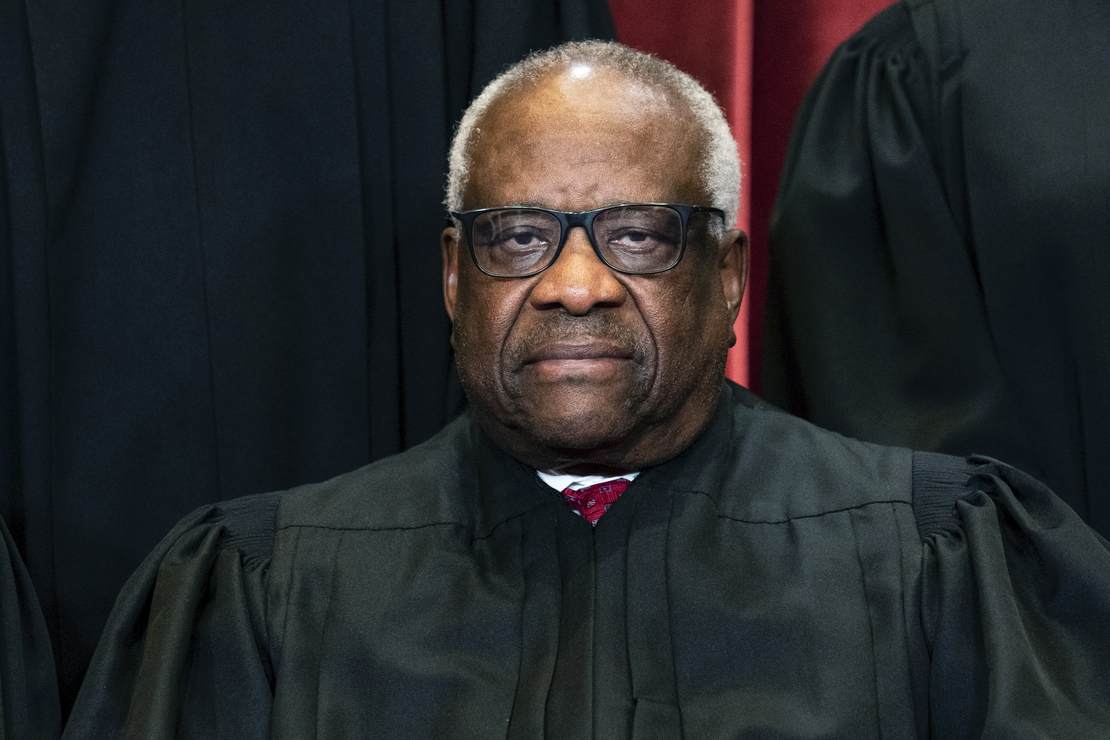
Anything’s possible with a new conservative majority on the Supreme Court, but I’d call this improbable at best. Arizona passed a law in the spring to require voters to show proof of citizenship while registering — presumably birth certificates, passports, or naturalization papers. It’s not the first time that the state has passed such a law, but after a 2013 loss at the Supreme Court and a massive border crisis in between, Gov. Doug Ducey, AG Mark Brnovich, and the legislature apparently want a rematch.
The Department of Justice obliged yesterday:
The US Department of Justice wants to legally block a recently passed law in Arizona that requires proof of citizenship to vote in some federal elections.
The DOJ announced it filed the lawsuit Tuesday to stop the legislation that was signed into law by Republican Gov. Doug Ducey in March and is supposed to take effect at the beginning of next year.
Assistant Attorney General Kristen Clarke in the DOJ’s Civil Rights Division said the Arizona law is a “textbook violation” of the National Registration Act that requires each state to establish federal election voter registration procedures.
“For nearly three decades, the National Voter Registration Act has helped to move states in the right direction by eliminating unnecessary requirements that have historically made it harder for eligible voters to access the registration rolls,” Clarke said in a press release. “Arizona has passed a law that turns the clock back on progress by imposing unlawful and unnecessary requirements that would block eligible voters from the registration rolls for certain federal elections.
It’s essentially the same law that the state passed in 2007 and that the Supreme Court struck down in 2013. NPR reported on the decision at the time, and the math calls into question the prospects of a second look:
The case before the court involved a federal law that allows people to register to vote by mail using a federal form that requires the registrant to swear, under penalty of perjury, that he or she is a citizen. Arizona went further than the federal law and added a requirement that the registrant provide a passport, birth certificate or other proof of citizenship to register.
But the Supreme Court, by a 7-2 vote, invalidated the state requirement as pre-empted by federal law.
Writing for the court majority, Justice Antonin Scalia said that the 1993 National Voter Registration Act, which requires states to “accept and use” the simple federal form, replaced more complicated state forms like Arizona’s. And the court said that if the state wanted to add requirements, it had to get permission from the federal Election Assistance Commission set up under the law. If the state was unable to prevail at the commission level, the court said, it could then appeal to the federal courts.
READ RELATED: "I took an oath": The affecting Rusty Bowers testimony
“No matter what procedural hurdles a State’s own form imposes, the Federal Form guarantees that a simple means of registering to vote in federal elections will be available,” Scalia wrote.
Justices Samuel Alito and Clarence Thomas were the two dissenters, while Chief Justice John Roberts joined Scalia’s controlling opinion. The math here for reconsideration would be tough as a result. Roberts would likely still oppose, which means Arizona would have to get all three of Donald Trump’s appointees to sign onto such a reversal. Is that possible?
Perhaps it might be, in an argument that Thomas noted that Arizona failed to make the first time around. Is the National Voting Rights Act actually constitutional? Thomas dropped a big, fat hint to Arizona in his dissent:
Arizona has not challenged the constitutionality of the NVRA itself in this case. Nor has it alleged that Congress lacks authority to direct the EAC to create the federal form. As a result, I need not address those issues. Arizona did, however, argue that respondent’s interpretation of §1973gg–4(a)(1) would raise constitutional concerns. As discussed, supra, I too am concerned that respondent’s interpretation of §1973gg–4(a)(1) would render the statute unconstitutional under Article I, §2. Accordingly, I would interpret §1973gg–4(a)(1) to avoid the constitutional problems discussed above. See Zadvydas v. Davis, 533 U. S. 678, 689 (2001) (“‘[I]t is a cardinal principle’ of statutory interpretation, however, that when an Act of Congress raises ‘a serious doubt’ as to its constitutionality, ‘this Court will first ascertain whether a construction of the statute is fairly possible by which the question may be avoided’” (quoting Crowell v. Benson, 285 U. S. 22, 62 (1932))).
I cannot, therefore, adopt the Court’s interpretation that §1973gg–4(a)(1)’s “accept and use” provision requires states to register anyone who completes and submits the form. Arizona sets citizenship as a qualification to vote, and it wishes to verify citizenship, as it is authorized to do under Article 1, §2. It matters not whether the United States has specified one way in which it believes Arizona might be able to verify citizenship; Arizona has the independent constitutional authority to verify citizenship in the way it deems necessary. See in Part II–A–2, supra. By requiring Arizona to register people who have not demonstrated to Arizona’s satisfaction that they meet its citizenship qualification for voting, the NVRA, as interpreted by the Court, would exceed Congress’ powers under Article I, §4, and violate Article 1, §2.
If Arizona pursues that argument, it would clearly get an approving look from Thomas and likely Alito too, although Alito doesn’t raise the same constitutional question in his separate dissent. Would that argument interest Brett Kavanaugh, Neil Gorsuch, and Amy Coney Barrett? Assuming Roberts would stick with Scalia in a new challenge, Arizona would need to get all five, and at least four just to get the Supreme Court to even look at the case. I’d give a cert grant a 50/50 shot at best, and a winning reversal of Arizona v Inter Tribal Council of AZ longer odds.
You don’t sink the shots you don’t take, however.
We might take a look at this case today, when I’ll be filling in for our pal Hugh Hewitt on his syndicated radio show, airing from 6-9 am ET, live from the home studio deep in the heart of Texas! We will have a great lineup of guests and regular contributors:
We’ll also take your calls to the show at 800-520-1234, and you can watch the show live at The Hughniverse. There’s a great chat room that goes with it, and lots of original content in the troll-free websurfing experience for subscribers. The audio also streams at HughHewitt.com.
Source:






